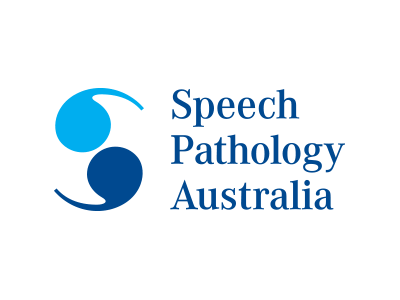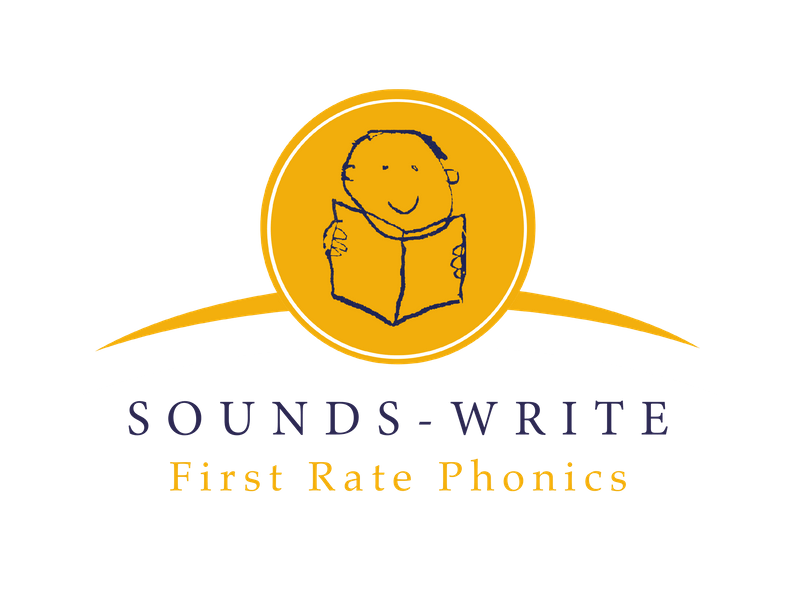Care Speech Pathology
Stuttering
Stuttering affects approximately 1 in every 100 people. Stuttering usually emerges during early childhood, often between the ages of 2 and 5 years, when children are developing their speech and language skills. Temporary speech disfluencies during childhood do not necessarily indicate the development of a persistent stutter. Some temporary and mild disfluencies are typical during this period of significant language development. However, people of any age might develop a stutter, and a stutter can begin gradually or suddenly.
It can be a shock when someone you know begins to stutter, but it is important to know you are not alone. If you are a parent, you are one of thousands of families around the country currently supporting a child who stutters. The good news is, speech pathologists in Australia are specially trained to reduce and eliminate stuttering by using evidence-based programs and intensive intervention.

At Care Speech Pathology, we know how to help.
You have probably noticed a range of signs if you or your child has a stutter. These might include some of the following:
Repetitions of sounds, syllables or words
Prolongations (stretching sounds out and making them longer than they typically are)
Blocks (pauses or getting ‘stuck’ for a moment with no sound coming out)
Secondary stuttering behaviours (eg, facial grimaces, eye blinking or facial tension)

What is Stuttering ?
Stuttering is a speech disorder characterised by disruptions or interruptions in the normal flow of speech. It involves involuntary repetitions, prolongations, or blocks of sounds, syllables, or words, which can impact the smoothness and fluency of speech. The particular stuttering characteristics, and the severity of stuttering, can vary between individuals.
Stuttering typically begins in childhood, often during early language development. However, it can persist into adulthood, and in some cases, it may develop later in life. The exact causes of stuttering are not fully understood. It is important to note that stuttering does not indicate cognitive difficulties.
The impact of stuttering will also vary between individuals, however the older the person is when they are stuttering, the more likely it is that they will experience social and emotional challenges.
How can we help People who stutter?
At Care Speech Pathology, our therapists play a crucial role in helping people who stutter by providing assessment, intervention and therapeutic support.
Step
We will start by completing a comprehensive assessment to determine if you or your child stutters, the severity of stuttering moments, the types of dysfluencies present and how the stutter is impacting on natural speech. Assessment will help determine the nature and severity of the stuttering and any co-occurring speech or language difficulties.
Step
We can then plan individualised treatment for stuttering based on the client’s specific strengths and needs. There are various evidence-based techniques and programs that can be successful, depending on the age group. Therapy may include a combination of various evidence-based techniques and approaches, such as the The Lidcombe Program for young children and The Camperdown Program for adolescents and adults.
The Lidcombe Program is a parent-administered, evidence-based behavioural intervention for children who stutter, involving structured feedback and positive reinforcement to reduce stuttering frequency. We will educate you in exactly what to do so that you feel supported when administering this treatment program with your child at home.
The Camperdown Program is a speech restructuring treatment that teaches adolescents and adults who stutter to use a new speech pattern by using prolonged, smooth speech, to manage and control their stuttering. Techniques that are most successful for each individual will be implemented. Such techniques may include slow speech, relaxed breathing, gentle onset of sounds, light articulatory contacts (keeping contact of lips and tongue very light), and continuous phonation (smooth transition between words).
Step
We will also consider the client’s communication as a whole and if there is anything else we can be doing to support them. For example, cognitive behavioural strategies may be used to address the emotional and psychological aspects of stuttering, and provide emotional support and counselling to assist individuals and their families.
Step
Speech Pathologists will work with clients to maintain their improvements in fluency over time, as stuttering relapses are common. Some stuttering is persistent and continues into adulthood, however early intervention often leads to the stutter being significantly decreased or even eliminated. We may be able to give you some indication of prognosis after a short block of therapy, once we have had an opportunity to see how the client responds.






Meet Our Team
Nurturing Your Potential
Get to know our friendly and professional team of Speech Pathologists.
Book an appointment
Contact the Care Speech Team Today. Call 1300 086 280 or Leave Your Details Below.
We're super responsive
Subscribe
Subscribe to our emails for the latest articles and service information













